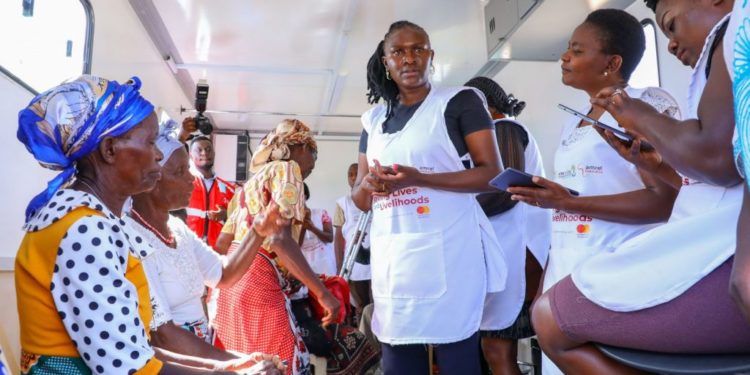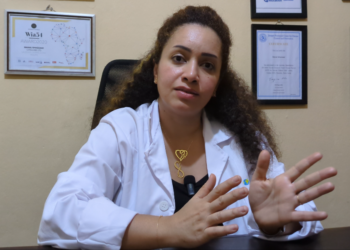By Kemo Cham
The Africa Centre for Disease Control and Prevention (Africa-CDC) and the Mastercard Foundation have announced the extension of the Saving Lives and Livelihoods (SLL) initiatives, as part of efforts to boost public health in Africa.
SLL was first launched at the height of the COVID-19 pandemic in 2021, with the aim of ensuring vaccine equity for Africa. Through the initiative, vaccines were purchased and vaccination campaigns rolled out across the continent. It also facilitated the building of the region’s vaccine manufacturing workforce, and strengthened the Africa CDC to ensure long-term health security for the region.
The second phase of the initiative was launched at the just concluded 3rd Conference on Public Health in Africa (CPHIA2023) in Lusaka, Zambia.
Officials from both institutions say it’s part of efforts to strengthen the continent’s public health system.
They noted in a statement that this new phase of the initiative is designed to expand the scope and scale of it, with the goal of completing the vaccination of healthcare workers and vulnerable groups.
The new phase will also seek to build a “robust” workforce of community health workers, ensuring pandemic preparedness by bolstering national public health institutions, laboratory capacities, data access and quality and local manufacturing of vaccines, therapeutics and diagnostics.
The aim of the initiative falls in line with the objective of CPHIA2023, which seeks an Africa with a strong health system independent of the rest of the world.
Reeta Roy, President of the Mastercard Foundation, said while COVID-19 may have been declared over, the need to continue investing in Africa’s health systems, build a workforce and prepare for future pandemics remains urgent.
“We aim to enable thousands of young people to build their careers in healthcare and contribute to improving lives in Africa,” Ms Roy said in a statement.
Africa CDC and Mastercard Foundation say the partnership has contributed to the continent’s current vaccination rate of 53 per cent of the target population, up from just 3 per cent at the start of the initiative.
Through the $1.5 billion SLL initiative, CDC has trained, equipped, and deployed 38,000 health workers, creating a robust frontline in safeguarding public health locally.
The organizations also said in their statement that the initiative created job opportunities for 23, 000 individuals and integrated over 600 COVID-19 vaccination centres into healthcare systems.
Sierra Leone was one of the beneficiary countries of the first phase.
“This initiative led to the expansion of genomic testing capabilities from seven to 40 laboratories across the continent.
“The review of Phase one of this initiative, among 15 implementing partners across 29 countries, conducted by Deloitte, indicates that the vast majority of funds disbursed were used effectively and as intended,” the statement read.
Dr Jean Kaseya, Director-General of the Africa-CDC, said the initiative has shown the power of respectful and action-oriented partnerships rooted in collaboration, coordination and systems strengthening.
“The experience and learnings from Phase one will enable us to move with greater speed and scale to deliver with accelerated impact to our member states,” he said.






















